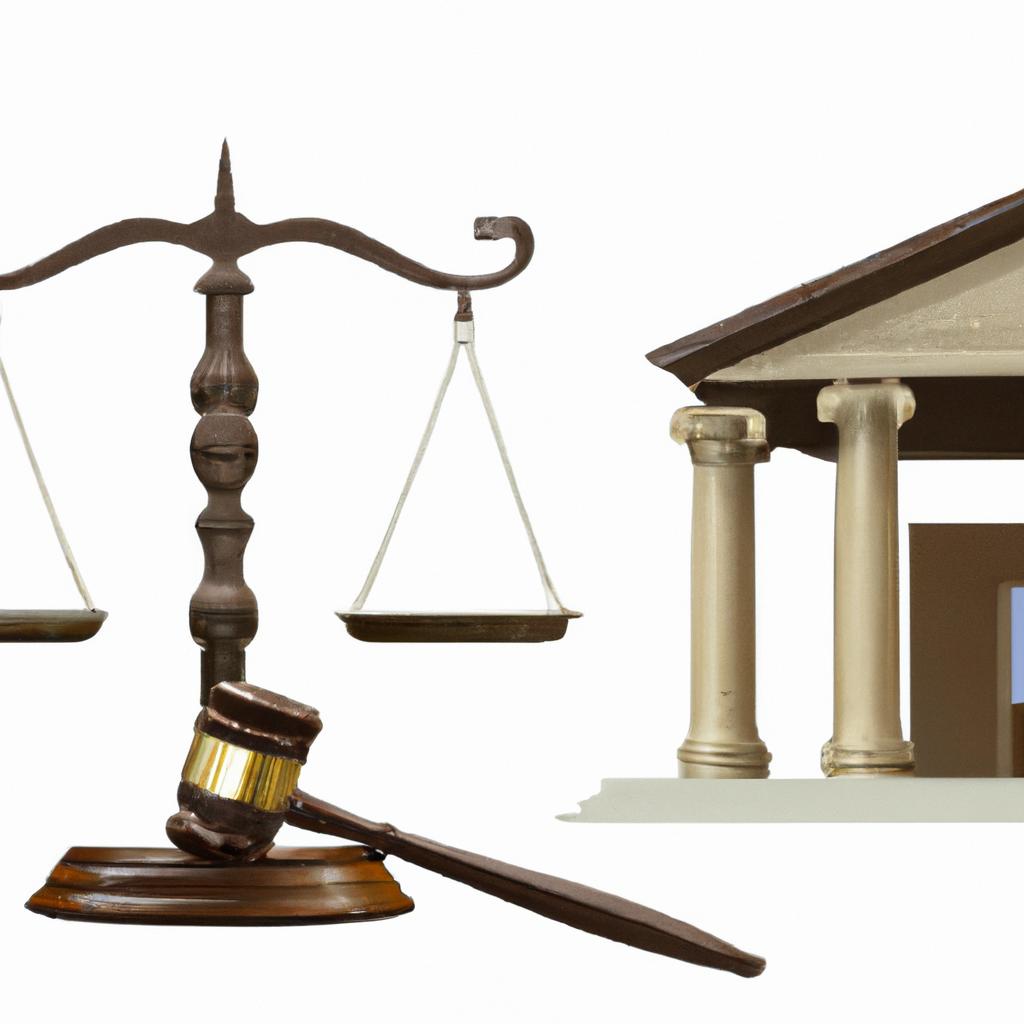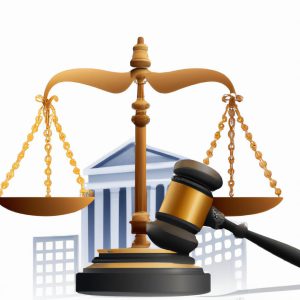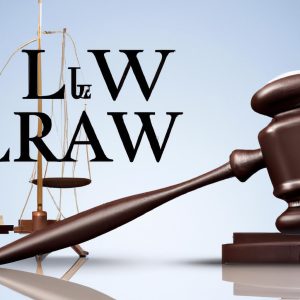In the intricate realm of estate planning and probate, the question of a person’s mortality is a pivotal one. Determining whether an individual is deceased holds significant legal and practical implications, shaping the trajectory of their estate and assets. As seasoned practitioners in New York City, the Morgan Legal Group understands the meticulous process of verifying a person’s passing. In this article, we delve into the intricate details of how to ascertain the status of an individual’s existence, navigating the complex web of documentation and procedures with precision and efficiency.
Determining Legal Procedures for Confirming Death
When it comes to confirming the death of an individual, there are certain legal procedures that must be followed to ensure accuracy and compliance with the law. One of the first steps in determining if someone is deceased is to observe for signs of life or lack thereof. This can include checking for a pulse, listening for breathing, and looking for any other vital signs of life. If these signs are absent, it is important to proceed with caution and follow the necessary steps to confirm the death legally.
Some legal procedures for confirming death may include:
- Obtaining a death certificate from the local authorities
- Performing an autopsy to determine the cause of death
- Notifying the next of kin or legal representatives
| Legal Steps | Action Required |
|---|---|
| Obtaining Death Certificate | File a request with local authorities |
| Performing Autopsy | Schedule a medical examination |
| Notifying Next of Kin | Contact family members or legal representatives |
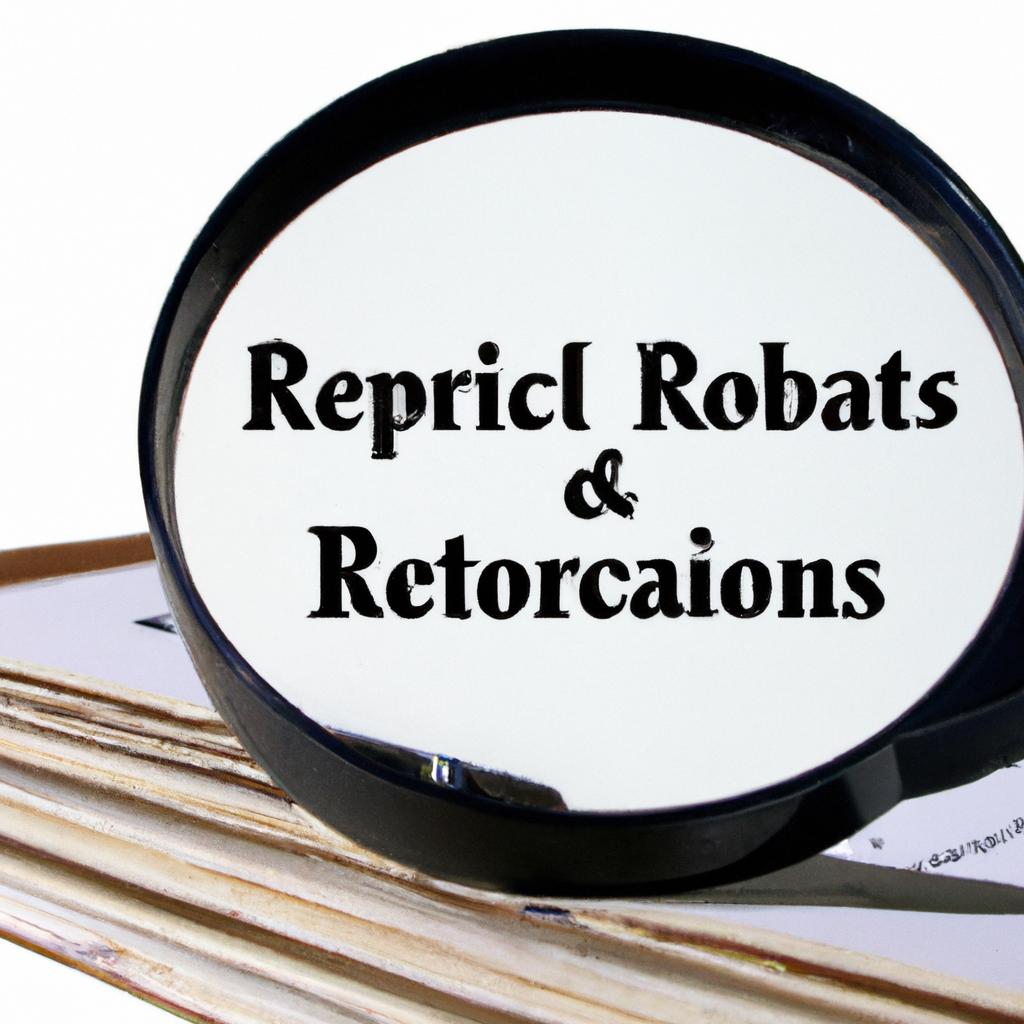
Utilizing Public Records and Obituaries for Verification
When trying to determine if someone is deceased, utilizing public records and obituaries can be a valuable tool for verification. Public records, such as death certificates and social security death index, are official documents that can provide concrete evidence of a person’s passing. These records are maintained by government agencies and are typically accessible to the public.
Additionally, checking obituaries can also help confirm if an individual has passed away. Obituaries are published notices of a person’s death, often including information about their life and family. By searching through obituaries, you can find details about the deceased individual and their date of death which can be used to verify their passing.
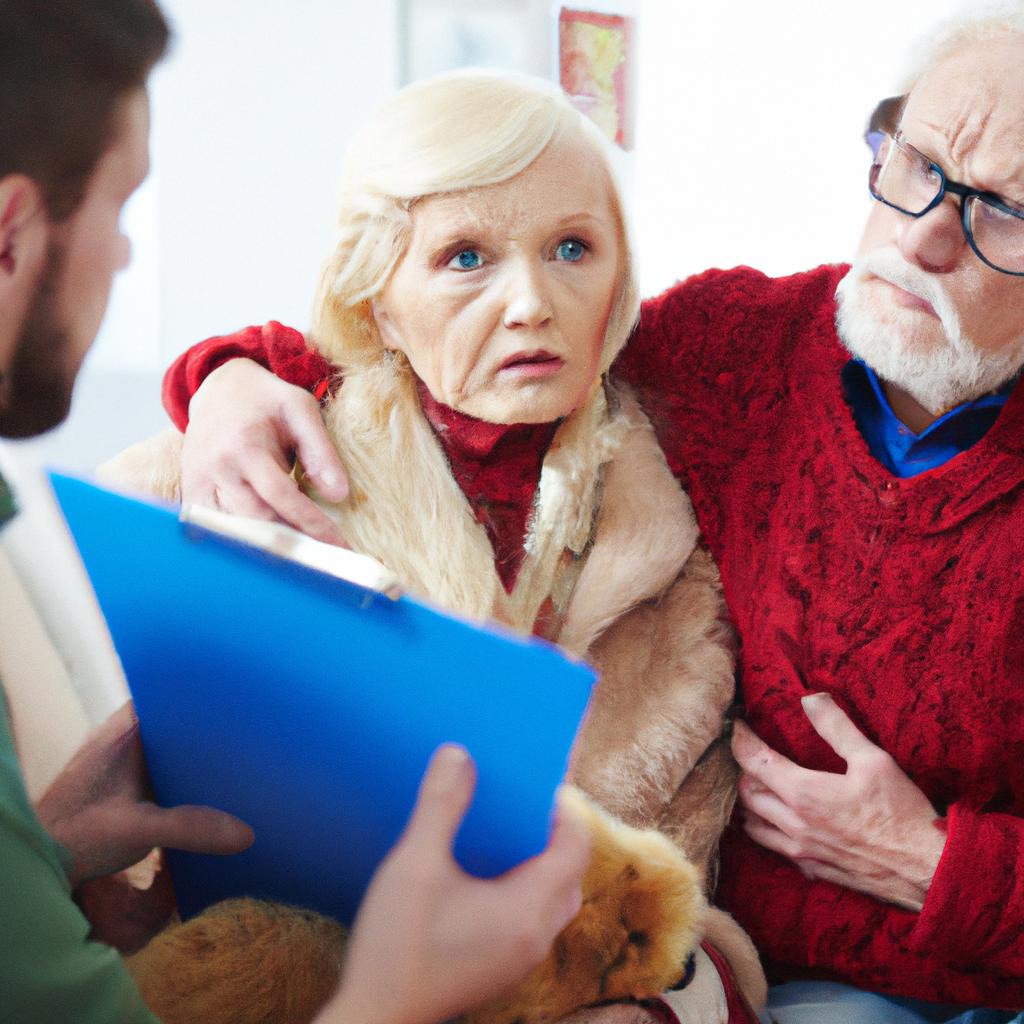
Consulting with Family Members and Friends
When it comes to finding out if someone is deceased, can be a crucial step in the process. It is important to approach this delicate situation with sensitivity and empathy. Here are some tips to help you navigate this difficult conversation:
**Communicate openly:** Be honest and clear when speaking to family members and friends about your concerns. Encourage them to share any information they may have regarding the individual in question.
- Ask open-ended questions to gather as much information as possible.
- Listen attentively to their responses and validate their feelings.
- Express empathy and offer support during this challenging time.
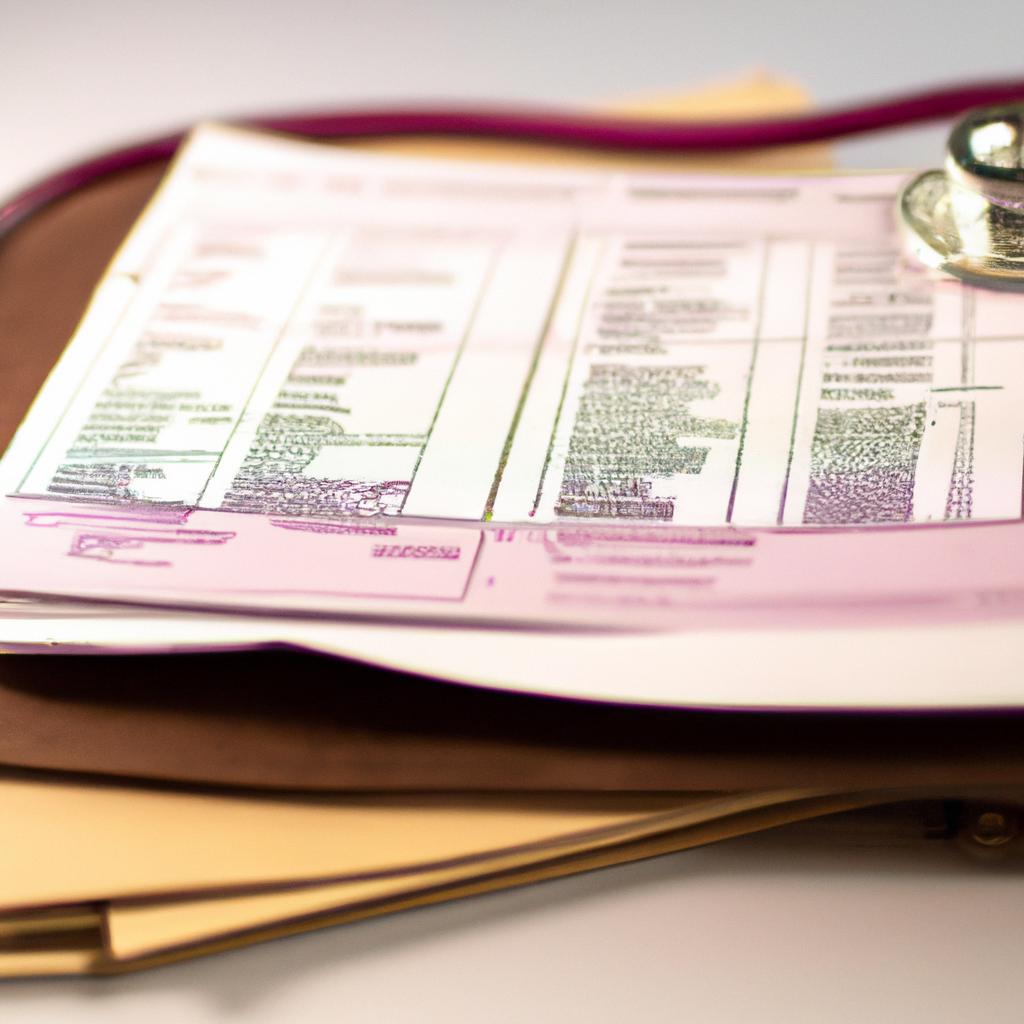
Reviewing Medical Records and Official Reports
When to determine if someone has passed away, it is crucial to approach the task with attention to detail and thoroughness. One of the first steps is to gather all relevant documents, including death certificates, autopsy reports, hospital records, and any other official paperwork that may confirm the individual’s death.
Next, carefully examine the details within the records, paying close attention to dates, names, and any pertinent information that may indicate the person’s passing. Look for clear indicators such as a cause of death, date and time of death, and any witness statements that may corroborate the event. It is essential to cross-reference multiple sources to ensure accuracy and completeness in confirming whether the individual is deceased or not.
Q&A
Q: How can I tell if someone is dead?
A: There are a few tell-tale signs to look for when trying to determine if someone is deceased.
Q: What are some physical signs that indicate someone has passed away?
A: Some common physical signs of death include lack of pulse, no breathing, and a lack of response to stimuli.
Q: Are there any non-physical signs that may indicate someone has died?
A: Yes, some non-physical signs may include a lack of movement or activity, no signs of consciousness, or a cold body temperature.
Q: What should I do if I suspect someone may be deceased?
A: If you suspect someone may be dead, it is important to seek help immediately by calling emergency services or contacting a medical professional.
Q: Is there a specific test or method to confirm if someone is dead?
A: While medical professionals use various methods to confirm death, the best course of action is to seek help from trained professionals rather than attempting to determine death on your own.
Q: Are there any cultural or religious practices that influence how death is determined?
A: Yes, cultural and religious beliefs can impact how death is determined, with some cultures relying on specific rituals or guidelines to confirm death.
In Summary
In conclusion, when faced with the uncertainty of whether someone is alive or deceased, there are several methods and resources available to help confirm their current status. By utilizing online databases, contacting authorities, or conducting personal investigations, you can hopefully find the answers you seek. While it may be a difficult and sensitive task, it is important to remember that knowing the truth can provide closure and peace of mind. Thank you for reading and may you find the answers you are searching for.
 Identifying and confirming the death of a person is an important and delicate process. Whether you are a concerned family member or a legal representative, it is essential to determine the status of an individual in order to handle their affairs and honor their memory. In this article, we will discuss how to find out if someone is dead, including practical tips, resources, and other important information. Let’s dive in.
Identifying and confirming the death of a person is an important and delicate process. Whether you are a concerned family member or a legal representative, it is essential to determine the status of an individual in order to handle their affairs and honor their memory. In this article, we will discuss how to find out if someone is dead, including practical tips, resources, and other important information. Let’s dive in.
Why is it necessary to confirm a person’s death?
Confirming someone’s death is primarily necessary for legal and practical reasons. Legally, it is crucial to have a certified death certificate in order to make official arrangements and handle the deceased’s assets and liabilities. Practically, it helps the family and loved ones to have closure and plan for funeral arrangements.
So, how can you find out if someone is dead?
1. Contact family, friends, and acquaintances
To start, try reaching out to the person’s family, friends, or acquaintances to gather information. They may already have knowledge about the individual’s status, or they can guide you to someone who does. Social media platforms like Facebook and LinkedIn may also be helpful in this regard. Check if any recent posts or messages indicate the person’s death.
2. Check public records and obituaries
Public records and obituaries are a useful resource for finding out if someone is deceased. Obituaries are usually published in local newspapers or on memorial websites and often include the person’s name, date of death, and details of their funeral or memorial service. Additionally, you can check public records like death certificates, which are typically available at the county or state level.
3. Contact authorities and hospitals
If the person in question has passed away, authorities like the police or coroner’s office might have information regarding their death. You can also reach out to hospitals and healthcare providers to enquire if the person was admitted or passed away. Alternatively, you can contact the Registrar of Births, Deaths, and Marriages in the state where the person resided.
4. Use online databases
There are several online databases available that can help you find information about a person’s death. The Social Security Death Index is a public record of deceased individuals with social security numbers. Legacy.com is another useful resource that includes obituaries and memorials from newspapers around the world.
Practical Tips
– Provide as much information as possible
When contacting authorities, hospitals, or online databases, make sure to provide as much information as you have about the person. This can include their full name, date of birth, social security number, last known address, and any other relevant details.
– Check for an obituary or funeral arrangements
If you find an obituary or funeral announcement, make sure to check for any updated information or change of plans. It is not uncommon for details to change or new information to be added after the initial publication.
– Allow time for official records to be updated
In some cases, it may take time for official records to be updated with a person’s death. This is especially true if the death occurred in a different state or country. Allow a few weeks for records to be updated before reaching out to any official agencies or databases.
Benefits of confirming someone’s death
– Legal closure
Confirming someone’s death is crucial for the legal closure of their affairs. It enables the distribution of assets and resolution of liabilities, ensuring that the deceased’s wishes are honored and their family taken care of.
– Emotional closure
For family and loved ones, the confirmation of a death can bring emotional closure. It provides an opportunity to grieve and start the healing process.
Tips for handling the death of a loved one
– Talk to a therapist
The death of a loved one can be a traumatic experience, and it is essential to have support during this time. Consider seeking therapy or joining a support group to help you navigate through the grief process.
– Take care of yourself
During this difficult time, it is crucial to prioritize self-care. Make sure to eat well, exercise, and get enough rest. Surround yourself with loved ones who can provide emotional support and take breaks when you need them.
– Seek legal assistance
If you are handling the affairs of a deceased loved one, it may be beneficial to seek legal assistance. A lawyer can guide you through the legal process and ensure that all necessary paperwork is handled correctly.
Case study
“Sarah’s father, a retired military officer, passed away suddenly while on vacation. Sarah and her family were in shock and had no idea how to find out if someone was dead, especially since her father was out of the country. They reached out to the US Embassy, who then connected them to local authorities in the country where her father was staying. With the help of the authorities, Sarah was able to confirm the death and make arrangements for her father’s remains to be flown back to the US. Without the support and resources provided by the embassy and local authorities, the process would have been much more difficult and stressful for Sarah and her family.”
In conclusion, finding out if someone has passed away can be a challenging and emotional task. However, with the tips and resources mentioned in this article, you can navigate through the process and obtain the necessary information. Remember to prioritize self-care and seek support from loved ones during this difficult time.

